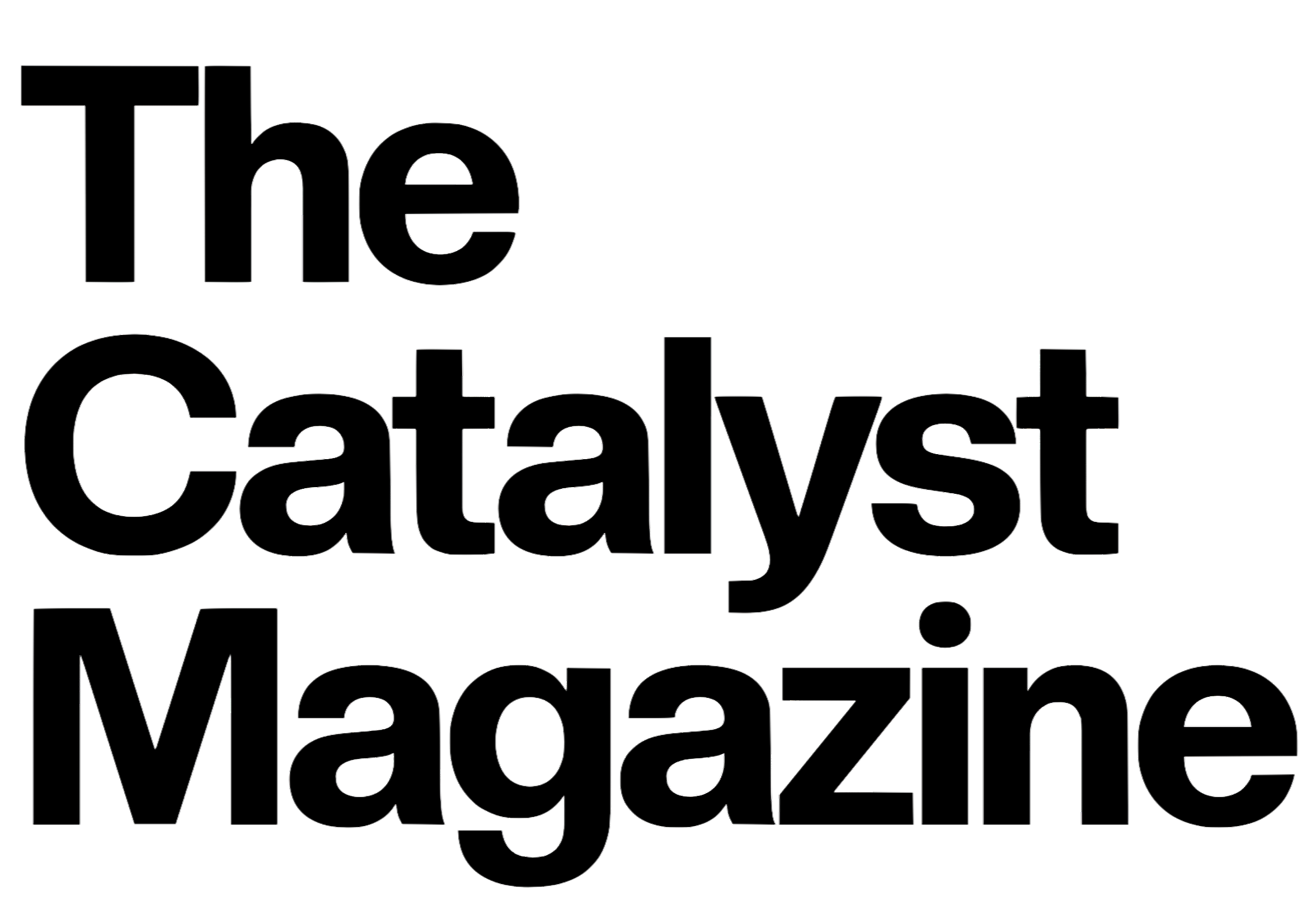Scott Sklar's Vision for Renewable Energy
- Ginger Taurek
- Jun 9, 2025
- 5 min read
Updated: Jul 24, 2025
Introduction to Renewable Energy
A building powered entirely by renewable energy might sound futuristic. For Professor Scott Sklar, however, it has long been a reality. His career began in the 1970s, a pivotal decade for American energy policy and the environmental movement.
Scott Sklar has dedicated his life to advancing renewable energy. From his early advocacy work to his current roles as the Sustainable Energy Director at GWU's Environment & Energy Management Institute and the Director of the George Washington Solar Institute, he has focused on innovative solutions.
Increased environmental awareness during the 1970s sparked his passion for sustainability. The Clean Air Act and Clean Water Act reshaped national priorities. His projects, which include solar panel installations in Singapore and solar-powered farms in Washington, D.C., demonstrate his belief: energy should be elegant, efficient, and accessible.
Today, he inspires the next generation of sustainable innovators. He actively promotes efficient energy, renewable resources, and creative design in his teaching.
Early Days and Motivations
During the 1970s and early 80s, the United States witnessed a surge in environmental awareness and activism. Major energy crises in 1973 and 1979, driven by geopolitical instability in the Middle East, disrupted oil exports.
While working as a legislative aide to New York Senator Jacob K. Javits, Sklar realized that most Congress members lacked knowledge about the energy industry. Although he faced challenges about accessing renewable resources without modern technology, he understood the need for renewable energy.
“No one’s going to interfere with your sunlight, your wind, your water, your heat... It was an inexhaustible supply,” Sklar stated. "It couldn’t be controlled by anyone."
This independence became a driving force for him. Traditional energy industries, such as oil and gas, aimed to maintain their monopoly over the market. Their pushback motivated Sklar to pursue renewable energy, develop clean power, and raise awareness surrounding energy issues.
The Potential of Energy Efficiency
Energy efficiency is not only a technical approach; it lays the foundation for sustainable design, aesthetics, and innovation. Before innovation can flourish, Sklar believes it is crucial to assess our current energy consumption, prioritizing efficiency and accessibility.
“I don’t want us to go 100% solar; I want us to go 100% maximum energy efficiency,” Sklar explained. “It’s always cheaper to save energy than to generate it from any source.”
In 1995, Sklar founded The Stella Group, Ltd. This global business focuses on “elegant integration,” which combines energy efficiency and renewable sources with energy storage. Now, as a professor at George Washington University's Sustainable Urban Planning Master of Professional Studies and Graduate School of Professional Studies, he teaches this philosophy. His courses, such as “Energy Resources” and “Renewable Energy & Critical Infrastructure,” emphasize these principles.
When discussing solar power, Sklar underscores the uniqueness of solar panels. He describes them as elegant, still, and having no moving parts at all.
“Even in the desert, we grow food,” he added. “There is sunlight everywhere.”
Solar technology is ubiquitous in society and can be integrated into various spaces—from rooftops to roadways and parking lots. The constant opportunity for innovation fuels Sklar's passion for sustainability. He remains committed to teaching and researching in this field.
Creative Side of Renewable Energy + Benefits
Creativity, aesthetics, and renewable energy are transforming modern architecture. Sklar's work in Singapore, where he integrated printed solar panels into building facades, exemplifies this trend. One captivating aspect was the chance to incorporate renewable energy within the building's design.
Alongside photovoltaics, solar daylighting harnesses natural light through windows or skylights, reducing the need for artificial lighting. In Sklar's home office, a solar daylighting "bubble" creates full-spectrum light, changing interior spaces dramatically. The possibilities are endless—options range from giant domes to pentagons.
Research indicates that full-spectrum light not only enhances aesthetics but also offers measurable mental and physical benefits. It can boost productivity, reduce illness among students and workers, and even increase retail sales.
For instance, solar-heated water is also promoted in Japan for its skin health benefits. It reduces allergies and improves overall well-being. Furthermore, the EU-funded TilePlus project, developed with support from Autarq and involving Denmark, Germany, Norway, and Sweden, highlights how European architects are leading sustainable design. This project’s solar roofing shingles replace traditional materials, providing protection while generating electricity.
Transforming Access to Energy
Sklar’s focus extends beyond technology—he emphasizes the human impact of renewable energy products. A long-time advocate for sustainability, Sklar aims to inspire the next generation of clean energy innovators.
For example, lightweight, inflatable solar lights designed by South African students provide essential power to off-grid communities. These low-cost devices charge in sunlight for an hour, providing several hours of illumination. They drastically reduce reliance on kerosene, presenting a game-changing advantage in limiting crude oil dependency.
“We have over 8 billion people on this planet, a third of them have no electricity,” Sklar remarked, highlighting the disparities in energy access.
These advancements pave the way for innovations like solar water pumping and clean cooking. They show how even small ideas can significantly impact people's lives.
Medical Resilience
Sklar’s efforts also spill into the public health sector, where energy access can mean life or death. During an Ebola crisis in Africa, he met with World Health Organization (WHO) representatives after giving presentations to four African embassies in Washington, D.C. This collaboration aimed to address urgent energy gaps in rural clinics.
A lack of reliable power led to life-threatening challenges. Surgeries were performed under candlelight. Vaccines spoiled in powerless refrigerators, and medical equipment remained unsanitized.
To address these gaps, Sklar worked with the WHO and the United Nations to advocate for solar and wind clinics. By understanding medical providers' needs and assessing suitable technologies, his team deployed sustainable power systems. These systems, including solar and wind-powered clinics during a crisis, offer a blueprint for medical resilience in the future.
Agrivoltaics and Clean Farming
Sklar collaborated with Professor John Forrer at GWU on a Department of Energy (DOE) funded project focused on agrivoltaics. This initiative aimed to combat resistance against solar energy in rural areas.
Agrivoltaics involves raising solar panels high enough to allow tractors and farmers to pass beneath. They also provide shade, allowing crops to flourish.

Located at the convent on the Catholic University campus, this project doubles as a community garden. It is now recognized as the largest solar installation within the borders of Washington, D.C. The convent serves as a model for urban clean energy, blending agriculture and renewable energy generation.
Conclusion: Inspiration for The Next Generation of Innovators
Professor Sklar's work continues to motivate the next generation of clean energy innovators. Through teaching and global partnerships, he encourages students to think creatively while challenging conventional approaches.
The Catalyst looks forward to hosting Professor Sklar on an upcoming podcast, where he will delve deeper into the groundbreaking projects that inspire and energize him.





This article is written so beautifully and intelligently, I learned so much!
This is beautifully written, 10/10 honestly in awe whoever this writer is please promote her